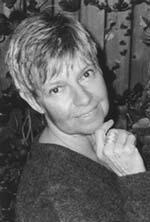Writing
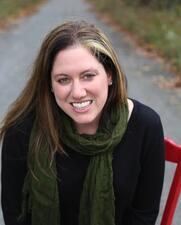
Erika Meitner
Deborah Marcus Melamed
Deborah Marcus Melamed encouraged Jewish women to form their own relationship with Jewish practice through her 1927 book The Three Pillars, an interpretive guide to rituals and customs. Melamed also served as vice president of the Women’s League for Conservative Judaism from 1920 to 1930 or 1932.
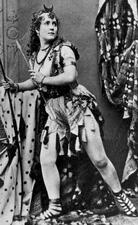
Adah Isaacs Menken
In her short but remarkable life, actress Adah Isaacs Menken became legendary for her scandalous defiance of convention. One of the most glamorous celebrities of the 1860s, Menken also cultivated a literary following. She wrote poetry and developed relationships with Walt Whitman and Charles Dickens, among others.
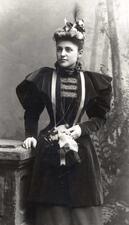
Alice Davis Menken
Alice Davis Menken was an influential social reformer whose many published works had a notable impact on the field of penology. She became interested in delinquency among young female Jewish immigrants while working at a settlement house on the Lower East Side. Menken proceeded to pioneer the argument that therapy, not punishment, is the most effective treatment for young delinquents.
Eve Merriam
Eve Merriam was an accomplished poet and playwright, best known for her books of children’s poetry that are beloved by audiences of all ages. Her life and career centered around New York, where she used her keen critical eye and unique tactile style to create poems and plays about urban life, social justice, feminism, and more.
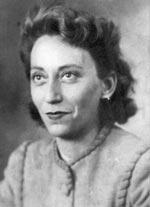
Jacqueline Mesnil-Amar
Jacqueline Mesnil-Amar struggled between her allegiance to French culture and her identity as a Jewish person. In her published journal, she perceptively documented the abandonment of French Jews during the Holocaust and the struggles of assimilated French Jews.
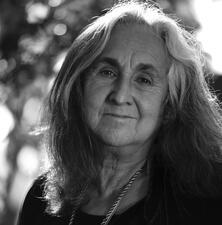
Deena Metzger
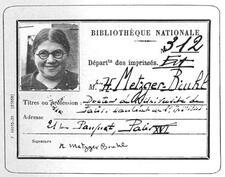
Hélène Metzger
Hélène Metzger was a French historian of chemistry and a philosopher of science, whose work remains influential today. Her independence and drive brought her great recognition, despite the lack of credibility given to her as a woman.
Katya Gibel Mevorach

Annie Nathan Meyer
Annie Nathan Meyer promoted women’s higher education and founded Barnard College, New York’s first liberal arts college for women. She also chronicled women’s work, dramatized women’s status in plays, novels, and short stories, and raised funds for Jewish and black students to attend Barnard.
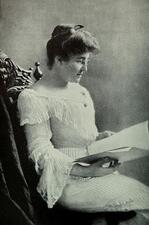
Miriam Michelson
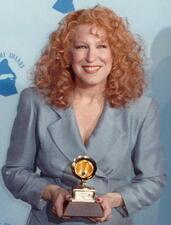
Bette Midler
Bette Midler went from canning pineapples at a factory in Honolulu to starring in over 20 films, releasing two dozen records, and touring the world with record-breaking live concert performances. Midler got her start at a gay bathhouse in New York, where she developed the campy and confident persona “The Divine Miss M.” Her career in show business spans decades, old and new media, and musical genres.
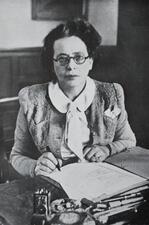
Sarah Gertrude Millin
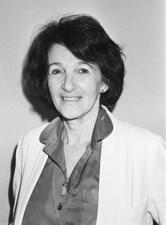
Marga Minco
Marga Minco (b. 1920) is a Dutch writer famous for her literary work relating to the Holocaust and for her economical use of words. Both topic and writing style have made her work unique.
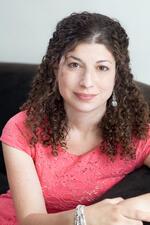
Tova Mirvis
Marion Simon Misch
Marion Misch participated in a great number of volunteer activities through her lifetime, all the while running a successful business following the death of her husband. Her primary interests centered on education and Judaism, and her volunteerism reflected her concern for these issues.
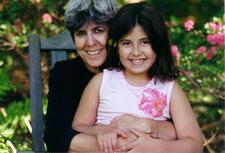
Cheryl Moch
Ellen Moers
Ellen Moers’ Literary Women (1976), the third and last book of her career, is a benchmark of feminist criticism. While early critics attacked Literary Women for its exclusive focus on women writers, her analysis of Mary Shelley and other women writers reshaped our understanding of their work.
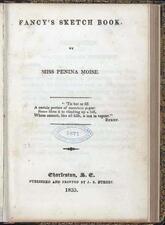
Penina Moïse
A Jewish-American poet, nurse, journalist, and educator, Penina Moïse was born in Charleston, South Carolina, in 1797. Penina Moïse, a staunch supporter of the Confederacy, shaped American-Jewish culture through her poetry as the first woman poet included in an American prayer book.
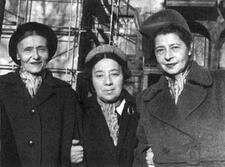
Kadya Molodowsky
Kadya Molodowsky was a major figure in the Yiddish literary scene in Warsaw (from the 1920s through 1935) and in New York (from 1935 until her death in 1975). She published extensively in many genres, including poetry, fiction, drama, and essays, and founded and edited two journals. Recurrent themes in her work include the lives of Jewish women and girls Jewish tradition in the face of modernity, Israel, and the Holocaust.
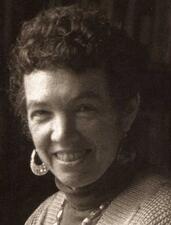
Deborah Dash Moore
Deborah Dash Moore is a leading scholar of American Jewish history. Her influential work has focused on both urban and visual Jewish history in locales from New York to Miami to Los Angeles. A prolific interpreter of Jewish and American culture, Moore has played a key role in making American Jewish history a recognized subfield in the academy.
Aurora Levins Morales
Aurora Levins Morales is an author, artist, activist, and historian whose work as been critical to third-wave feminism, Puerto Rican and Latinx feminism, disability justice, radical Judaism, climate change activism, and grassroots. organizing.
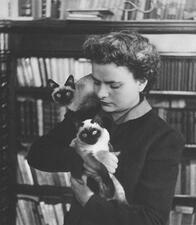
Elsa Morante
Elsa Morante (1912-1985) was an Italian author whose writing often addressed persecution and injustice. After fleeing Fascist authorities during World War II, Morante traveled extensively while continuing to write prolifically; she later won the Viareggio literary prize, Strega Prize, and Prix Medicis.
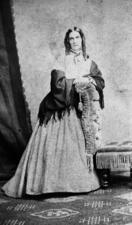
Emma Mordecai
Emma Mordecai (1812-1906) navigated direct challenges to her Jewish faith and to her southern ideals by remaining loyal to both. She responded to the Civil War, which stirred antisemitism in the South and especially threatened Richmonders, with renewed commitments to Judaism and to the racist ideals of the Confederacy.
